After making a long-awaited Olympic debut at the 2021 Tokyo Games, karate was not included on the list of sports for the 2024 Paris Games, nor is it on the agenda for the 2028 Los Angeles Games.
That decision by the International Olympic Committee received mixed reactions from a sampling of dojo owners in Maine. Some believe the sport is losing out on a prime opportunity for exposure, while others are less concerned about karate’s absence from the Olympics, saying pop culture plays a much larger role in attracting people to martial arts.
Andy Campbell owns Dragon Fire Dojo in South Portland and has practiced martial arts for more than 40 years at the national and international levels. He called the decision to exclude karate “disappointing.”
“I think the impact of having karate in the Olympics was great, because it gave us a chance to really showcase how hard these athletes work, and what their abilities are,” he said. “I really feel that keeping it in the Olympics would have helped draw in some of these other kids.”
Other Maine dojo owners, like Donna Harris at Phoenix No Limits Karate in Auburn, say karate’s impact extends far beyond an Olympic stage.
“(Karate) was never meant to be a sport,” she said. “It was an art. America is when it became what it is, when it became Americanized, that’s when they introduced it as a sport. Traditionally, karate was an art form that was handed down through the family and you had to be a well-known member of the family to learn the art.”

Master instructor Andy Campbell jokingly checks to make sure the ears of Juba Aouragh, 8, are working during an intermediate karate class at Dragon Fire Martial Arts. Derek Davis/Staff Photographer
Geoff Wingard, who owns Heisu Dojo in Orono, said he, too, was disappointed in the IOC decision, but not surprised. Wingard, who’s been practicing karate for 35 years, cited some rule changes that could have impacted karate’s entertainment value.
“In high level karate competition, there’s two or three dominant rule sets, and they’re similar in a way, but they fall into different categories, allowing different levels of physical contact and permitting different kinds of techniques,” Wingard said.
He added that the rules adopted in previous Olympics mirrored those in the World Karate Federation, which is the most popular but “the least exciting to watch.”
Those rules, Wingard said, restrict techniques that viewers would expect to see in traditional karate competitions.
“I’ve participated in many competitions, I really enjoyed the competitive aspect form of karate, but that’s not what drove me to study karate,” he said. “I don’t think that’s what drives most students. We have a sense that karate is a holistic activity. It’s something that you can practice from age 5 to age 85. It provides a centering and self-defense aspect.
“None of those things necessarily are part of the Olympic mission, so I’m not sure that sport karate is necessarily essential.”
Campbell, of Dragon Fire Dojo, noted that martial arts has many styles. Judo and taekwondo are still in the Olympics, as are wrestling and boxing.
As for karate, he said students at his dojo enjoy watching other athletes compete and honor the art form’s traditions — but gain the most value at the local level compared to the international one.
“I’ve had a chance to compete all over the world and travel all over the world and meet some amazing people,” Campbell said. “I still host an online virtual world tournament that gets competitors from England and Scotland and Sweden and Mexico and all these different places, so I’ve got a lot of stuff that I’ve done. I can attribute the success that I’ve had in my life to that first day walking into a dojo door, and then starting as a martial artist.”
According to data from Statista, a German company that specializes in data collection, martial arts has seen steady growth in America during the last 10 years. Between 2010 and 2023, the number of people practicing the sport in America jumped from 5.04 million in 2010 to 6.61 million in 2023 — a 31% increase.

Donna Harris works with her students during a summer leadership program Tuesday at Phoenix No Limits Karate in Auburn. Behind Harris is Melanie Deshaies, a junior helper at the dojo. Daryn Slover/Sun Journal
Harris became involved in karate more than 20 years ago as a way to help her son, Brian Bouchard, overcome bullying at school through self-defense and confidence building. She said karate also gave her the strength to leave an abusive marriage.
“For me, it’s always been important to give that self-confidence, that gift back to anybody,” she said. “We also offer women’s self-defense courses, and when I see anybody who’s in that situation where they don’t have that confidence, I really want to take them to that level so that they can be the best version of themselves and then pass that on to the next generation.”
Harris’ junior teacher, or Sen Pai, Melanie Deshaies, said karate has helped her find that confidence as a rising senior at Lewiston High School.
“At first glance, it almost seems like a sport where it’s just about kicking and punching and wanting to defend yourself,” Deshaies said. “It’s more than just a sport, martial arts has entirely changed my life and my outlook on a lot of things.”
Harris and Wingard said movies and television shows — like “Cobra Kai” and “Kung Fu Panda” — play a large role in attracting young people to try martial arts.
“I think that there are a number of wonderful schools in Maine,” Wingard said. “Maine is really unique in that we’re really a rural community that has and continues to have a really deep exposure to Asian martial arts. There are opportunities for people to study martial arts; there are also online opportunities. There’s remote classes now, there’s YouTube videos that show really high-level practitioners. But, the best thing, the most fulfilling thing for me, is working with people.”
Harris said that in her 24 years of experience teaching karate, not one student has said they aspire to compete in the Olympics. Instead, her students are set on earning new belts and mastering technical skills while growing their confidence.
“I think when we let our ego talk for us is when we lose sight of the art and the beauty of this,” Harris said.
Send questions/comments to the editors.


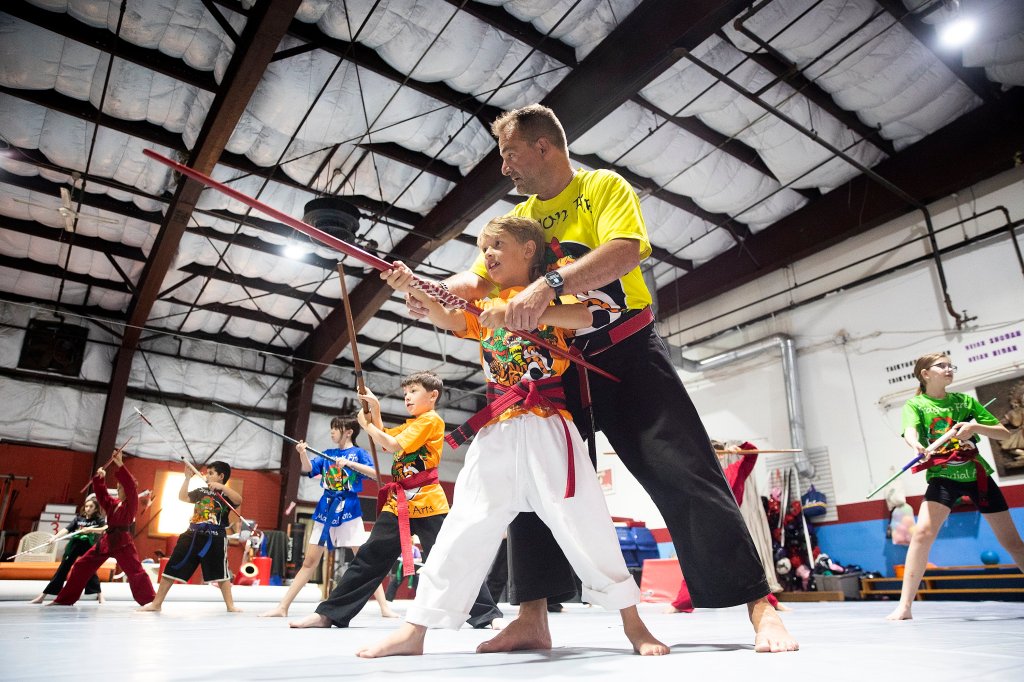
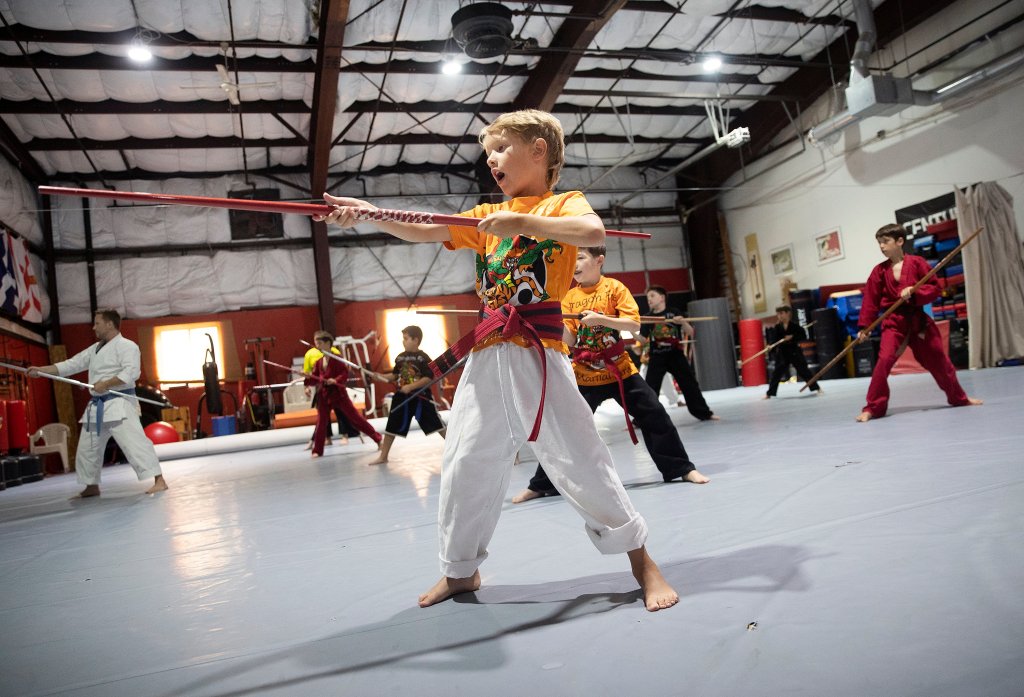
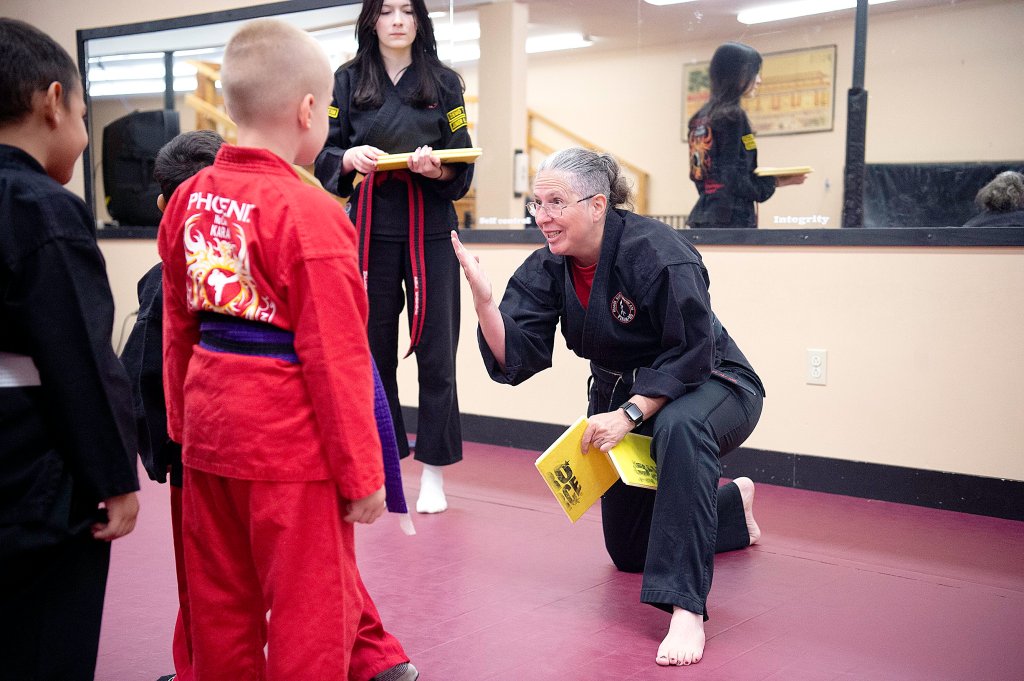
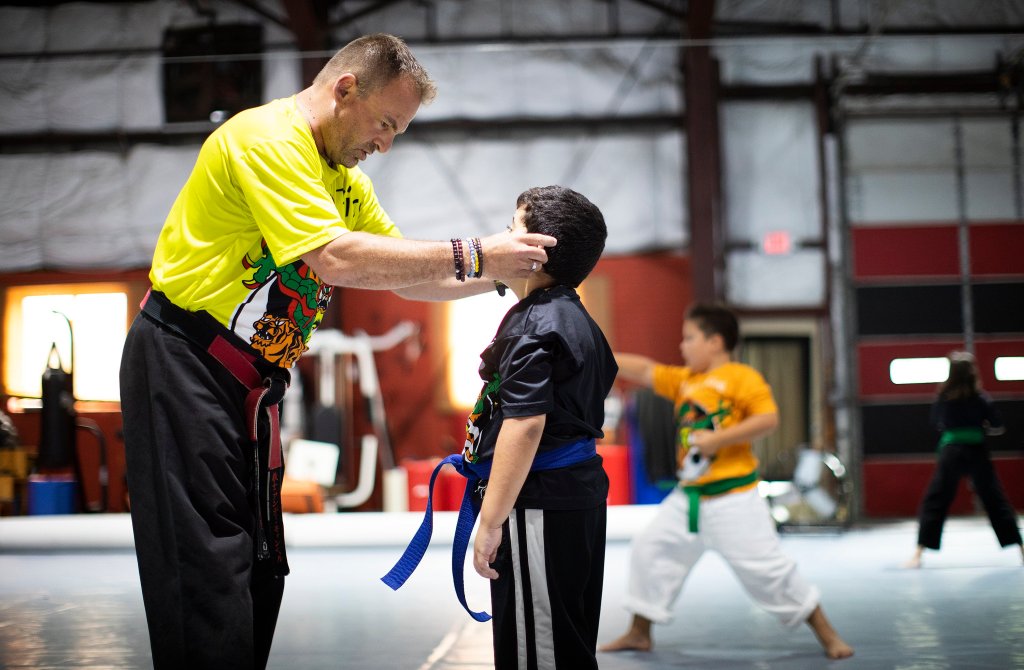
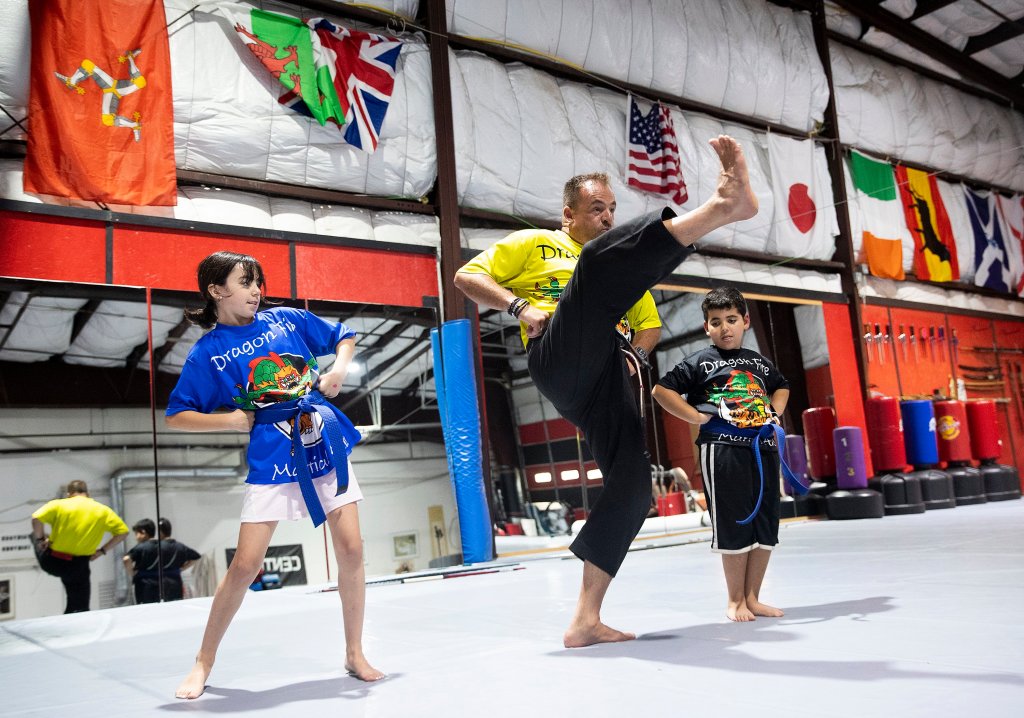
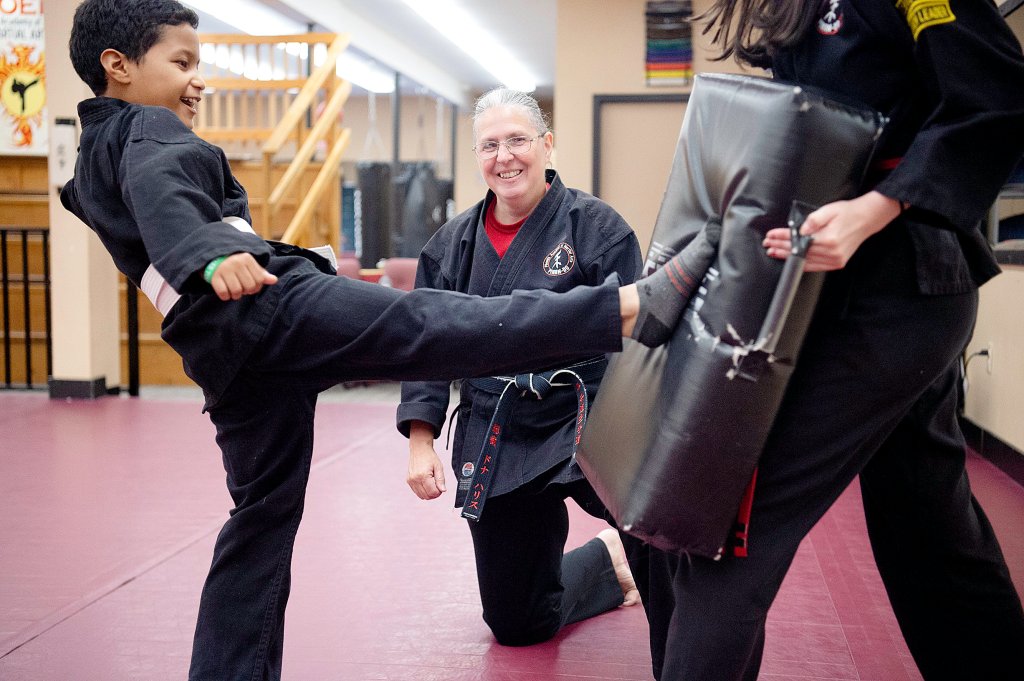
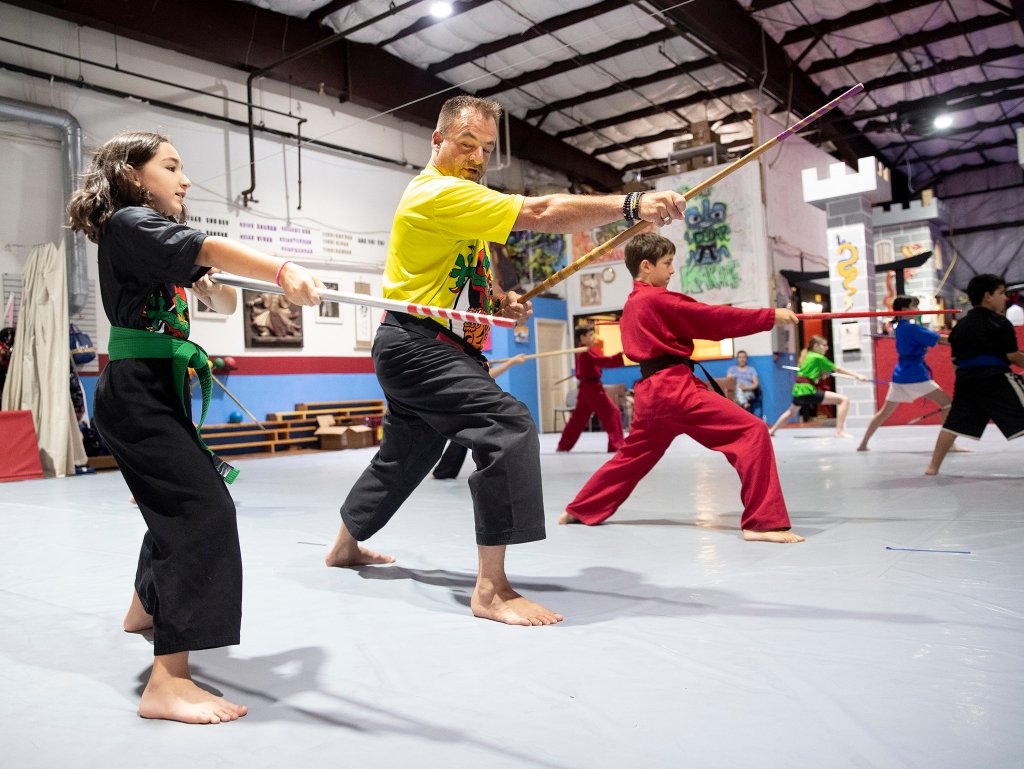
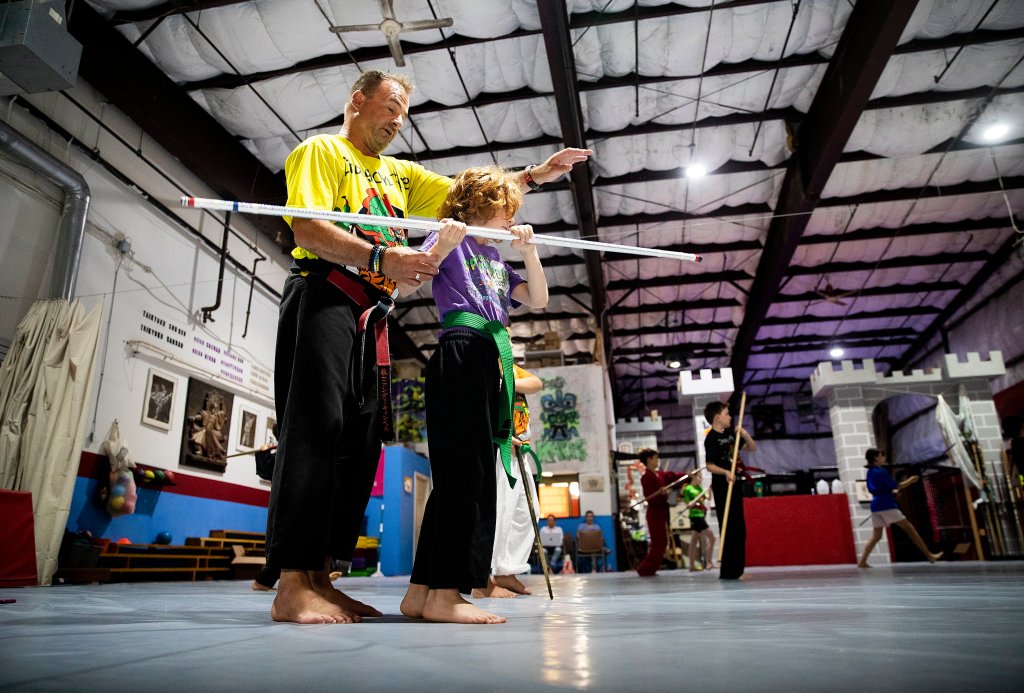
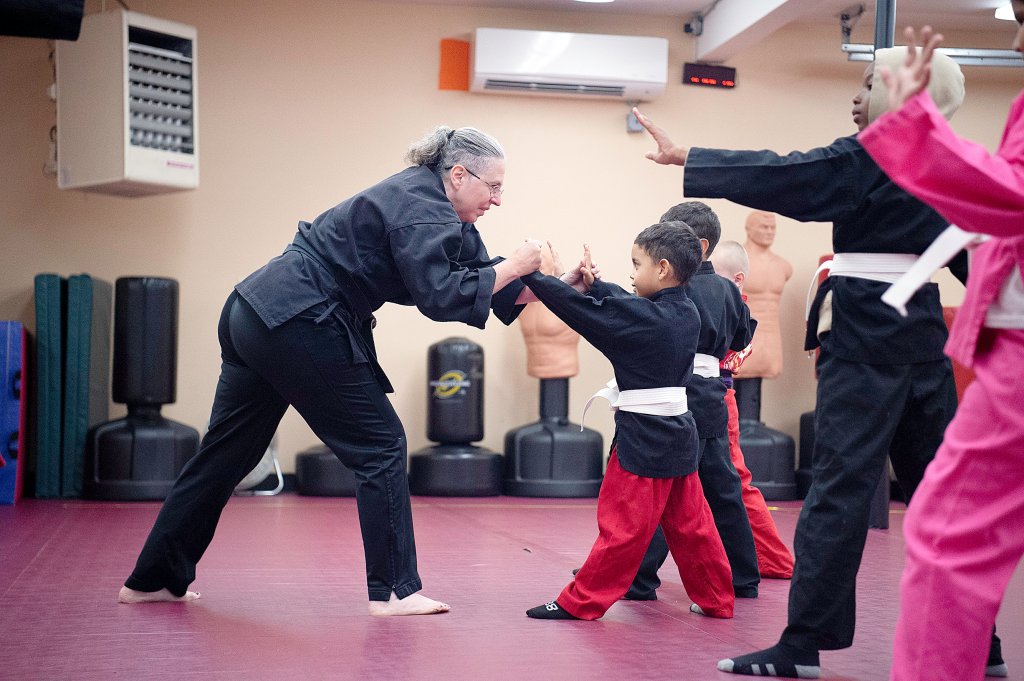

We invite you to add your comments. We encourage a thoughtful exchange of ideas and information on this website. By joining the conversation, you are agreeing to our commenting policy and terms of use. More information is found on our FAQs. You can modify your screen name here.
Comments are managed by our staff during regular business hours Monday through Friday as well as limited hours on Saturday and Sunday. Comments held for moderation outside of those hours may take longer to approve.
Join the Conversation
Please sign into your CentralMaine.com account to participate in conversations below. If you do not have an account, you can register or subscribe. Questions? Please see our FAQs.